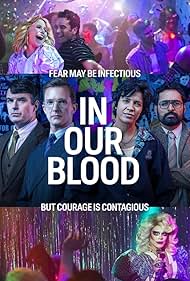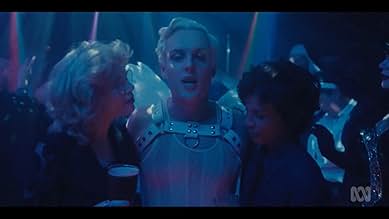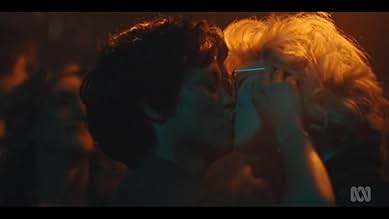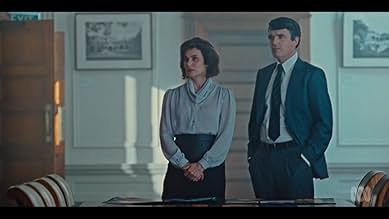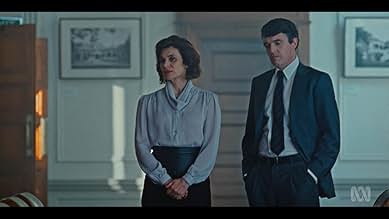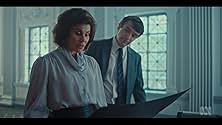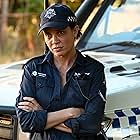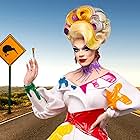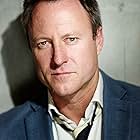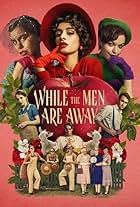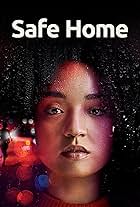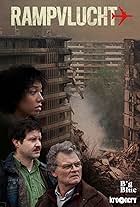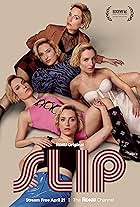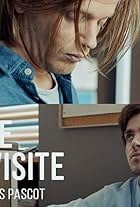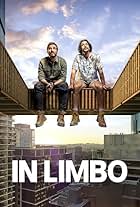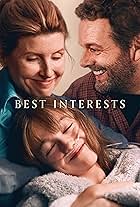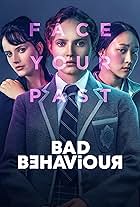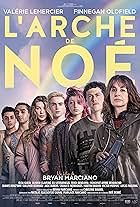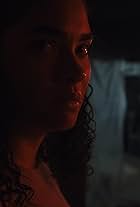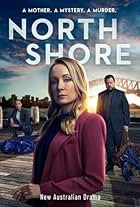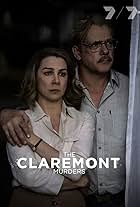As an Australian migrant, watching this series felt both familiar and unfamiliar. Familiar, because of some of the places depicted central to the plot (St. Vincent's, Hyde Park, Surry Hills, etc). Unfamiliar, because of the fear and stigma that was prevalent at that time (not that's fully gone in certain spaces even today). As a person who was not yet born at the start of the AIDS epidemic, a series like this can help some of us understand how far we have come and what it took to get here.
There were many parts of the series that filled the gaps in my head, or just things that I took for granted. Like the gallantry of the lesbians on bikes (yes, it's called differently, but it may be flagged as an offensive word without context). Or the level of engagement and involvement of the community when it comes to sexual health treatment, research and education that exists even today. Or the humble beginnings of organisations like ACON. All of these stories are impactful and profound to this day.
Another memorable aspect of the series was the occasional breakout into song that was emotive and didn't feel contrived in any way. There was also one scene portrayed at st. Vincent's chapel in the hospital in the last episode that was well written and portrayed.
However though, not a perfect show. One could always argue that the community wasn't represented enough. Granted, the vernacular in the early 80's wasn't as rich as it is today, so this could have been difficult, but not impossible. Although Tim Draxl played his role well enough, I was not convinced of the casting choice as he doesn't look like your average politician in Canberra. So that took a while to translate. There was also the politics of one particular state that got singled out, and I realised the series had the liberty to, as it was funded by that state. I'm not sure if other states escaped historical attention because of this. And lastly, the editing in the last episode could have been better - some predictable scenes could've been shortened or eliminated altogether to make it less protracted, but that may be my own take.
Overall though, a solid 9/10 for a memorable, thoughtful portrayal on the history of a painful subject in Australian (and much of the world's) history.
